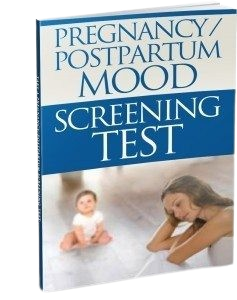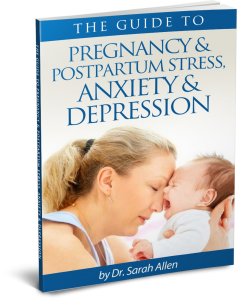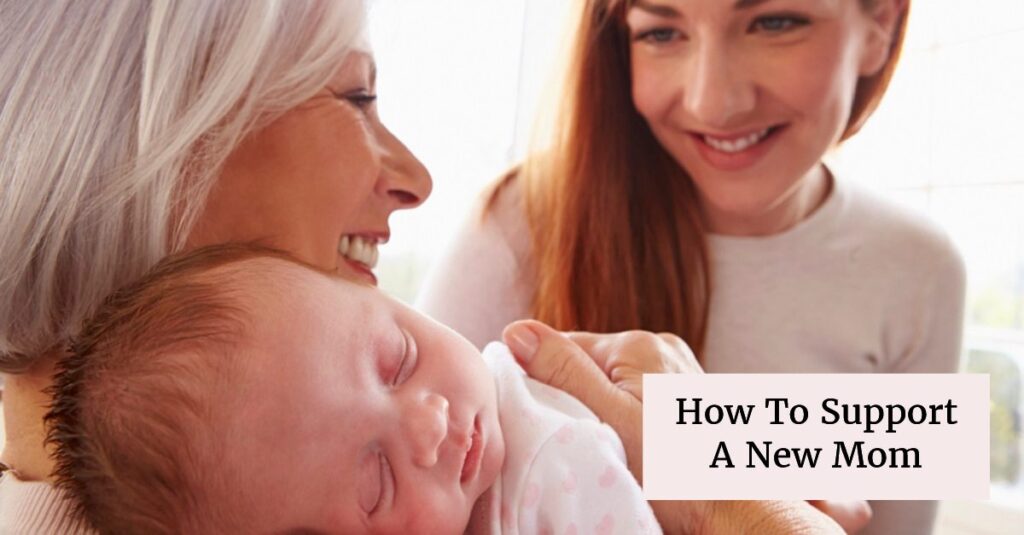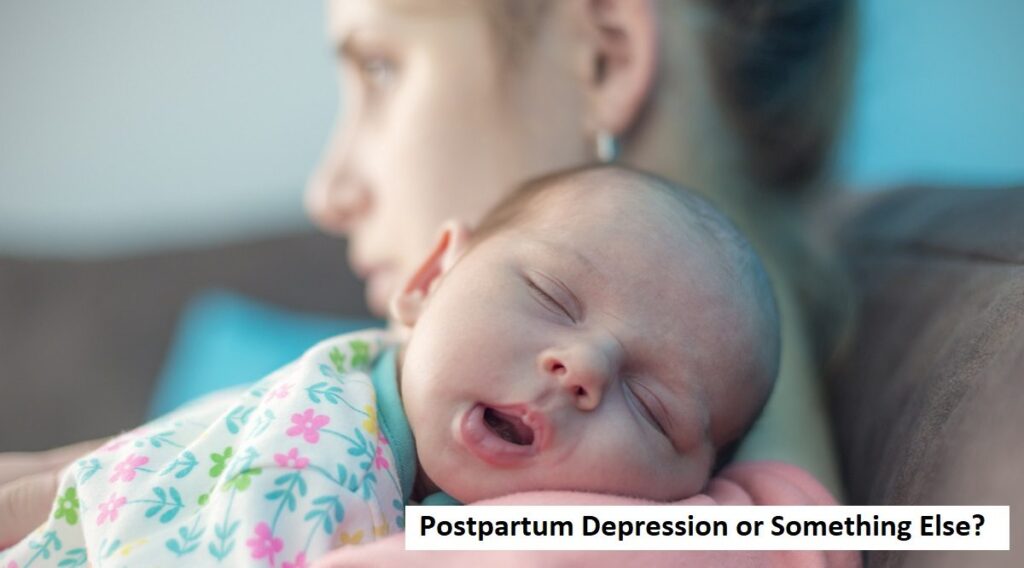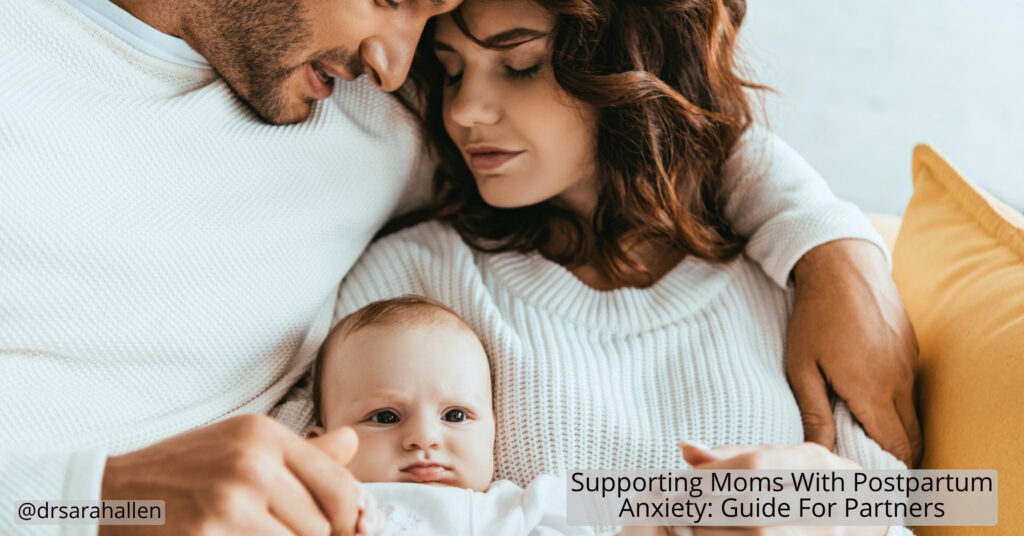
Postpartum anxiety, like other maternal mental health issues, can have far-reaching effects not just on new moms but on their families as well. When partners are knowledgeable and ready to offer support, they can significantly impact the emotional well-being of the entire family unit. I am dedicated to raising awareness, offering prevention methods, and providing guidance for the treatment of postpartum anxiety and other maternal mental health issues. In this article, I am going to focus on understanding postpartum anxiety and the crucial role partners can play in helping moms cope with this challenging condition.
The arrival of a new baby is a joyous time for families, but it can also bring significant stress and overwhelming emotions. New moms often experience hormonal changes, worry about the health of the baby, sleep deprivation, and the constant demands of caring for their newborns, all of which can contribute to the development of maternal anxiety. Postpartum anxiety can manifest differently in everyone, but common symptoms include excessive worry, racing thoughts, irritability, and feelings of restlessness. Mothers dealing with anxiety can find it difficult to relax and might constantly be on edge, which can greatly impact their own emotional well-being and their ability to care for themselves, their newborns, and their families.
I believe that partners play a pivotal role in helping moms overcome postpartum anxiety. By educating themselves about this condition and providing the right support, they can help new mothers face the challenges of parenthood and build resilience for a better future. In this article, I will discuss practical strategies partners can use to help moms experiencing anxiety, creating a nurturing and supportive environment where everyone can thrive.
Recognizing the Signs of Postpartum Anxiety
The first step in providing support for a partner experiencing postpartum anxiety is recognizing the signs. Being aware of the symptoms allows for early intervention and timely support. While each person’s experience of postpartum anxiety differs, partners should watch out for the following signs:
- Excessive worry about the baby’s health and safety
- Uncontrollable racing thoughts
- Constant feelings of restlessness
- Irritability and mood swings
- Fatigue and sleep disturbances
- Avoidance of social situations
- Overwhelming fear of leaving the baby alone
If you notice any of these symptoms in your partner, consider having an open non-judegmental conversation about their feelings and concerns. Encourage them to seek professional help if necessary, as early intervention can lead to better outcomes.
Offering Emotional Support and Understanding
Postpartum anxiety can make new mothers feel isolated and overwhelmed. As a partner, providing emotional support can be invaluable. Here are a few ways you can offer understanding and empathy:
- Practice active listening: Give your full attention during conversations and demonstrate that you genuinely care about their thoughts and feelings.
- Validate their emotions: Acknowledge that their feelings are real and let them know it’s okay to feel anxious.
- Offer reassurance and comfort: Remind your partner they are doing a great job and that it’s normal for new parents to worry or feel overwhelmed.
- Encourage self-care: Help your partner prioritize their own well-being by allowing them time for rest, exercise, or hobbies.
Taking on Practical Support Duties
Offering practical support can significantly alleviate stress and anxiety for new mothers. Here are some ways to help:
- Share childcare responsibilities: Divide tasks like diaper changes, feedings, and soothing the baby, allowing your partner to take breaks.
- Help with household chores: Taking on extra cleaning, laundry, and meal preparation duties can create a more comfortable and supportive environment.
- Create a calm atmosphere: Keep the home environment organized and comfortable for both mother and baby, reducing sources of stress.
- Offer assistance with baby-related tasks: Offer your partner help with tasks like setting up doctors’ appointments, researching baby products, or running errands.
Encouraging Professional Help if Necessary
Sometimes, personal support alone may not be sufficient to help a partner overcome postpartum anxiety. In such cases, encourage them to seek professional help. Mental health professionals who specialize in maternal mental health can provide the necessary guidance, resources, and treatment to help new mothers manage their anxiety and other mental health concerns effectively. You can help by researching local therapists and support groups specializing in postpartum anxiety or related mental health issues. In my free booklet Guide To Pregnancy & Postpartum Stress, Anxiety & Depression – scroll down the page to download – I share how to chose a therapist to make sure they are eperienced in treating maternal mood disorders as well as self-help strategies that can be very effective.
Communicating Openly and Regularly
Open and honest communication is essential for partners to effectively support new mothers with postpartum anxiety. Creating an environment of trust and understanding can promote healthier coping and help you both navigate the challenges. Here are a few communication tips to consider:
- Schedule regular check-ins: Set aside time to discuss feelings, concerns, and progress.
- Be patient and gentle: Give them time to express themselves without pressure.
- Share your own feelings: Encourage a two-way dialogue by opening up about your own thoughts and emotions.
- Discuss expectations: Talk about what you both expect from each other regarding support, helping to clarify any misunderstandings or unspoken needs.
Conclusion
Supporting a partner who is experiencing postpartum anxiety is undoubtedly challenging but by recognizing the signs, offering emotional and practical support, encouraging professional help when necessary, and maintaining open and honest communication, you can help your partner overcome postpartum anxiety and build a strong foundation for your family. Remember that reaching out for help and support is not a sign of weakness but rather a powerful step towards enhanced well-being for both new mothers and their families.
Contact Dr. Sarah Allen to find out more information about Pregnancy & Postpartum Treatment. She is here to provide specialized therapy for those facing maternal anxiety, and help you and your partner on your parenthood journey.

Dr. Sarah Allen has 25+ years of experience helping women to transition to being the mom they want to be. She is also the Director of the Postpartum Depression Alliance of IL, a non-profit she started 20 years ago that offers information & support to pregnant & postpartum women and their families. She has also published research on postpartum depression and traumatic childbirth and presented at conferences.
If you would like to work with Sarah, please phone her at 847 791-7722 or on the form below.
If you would like to read more about me and my areas of specialty, please visit Dr. Sarah Allen Bio. Dr. Allen’s professional license only allows her to work with clients who live in IL & FL & the UK and unfortunately does not allow her to give personalized advice via email to people who are not her clients.

What Can I Read That Helps Me While I Am Waiting For My First Appointment With Sarah?
If you feel that you may be experiencing pregnancy or postpartum mood disorder, or worry that you may be at risk of developing it, please download my free booklets below.
See each specific webpage to download one or many.
